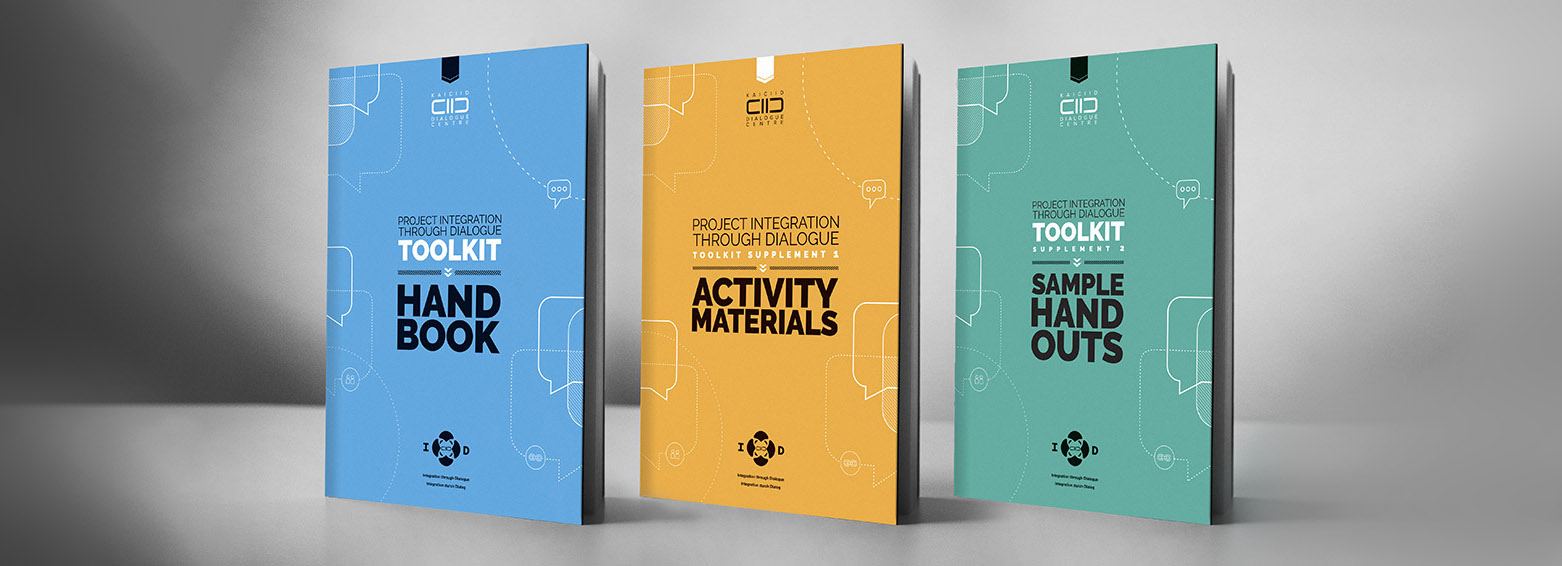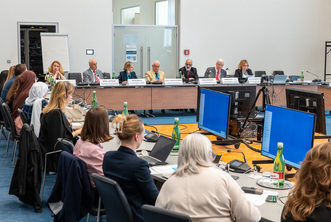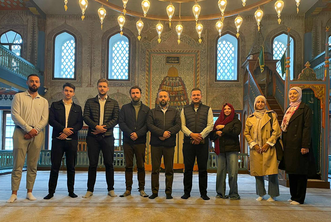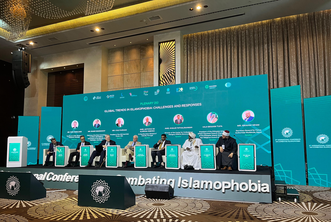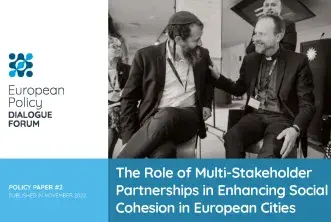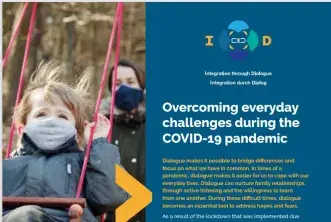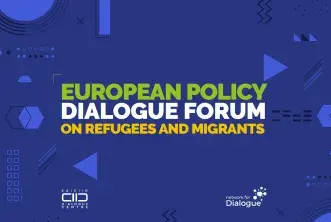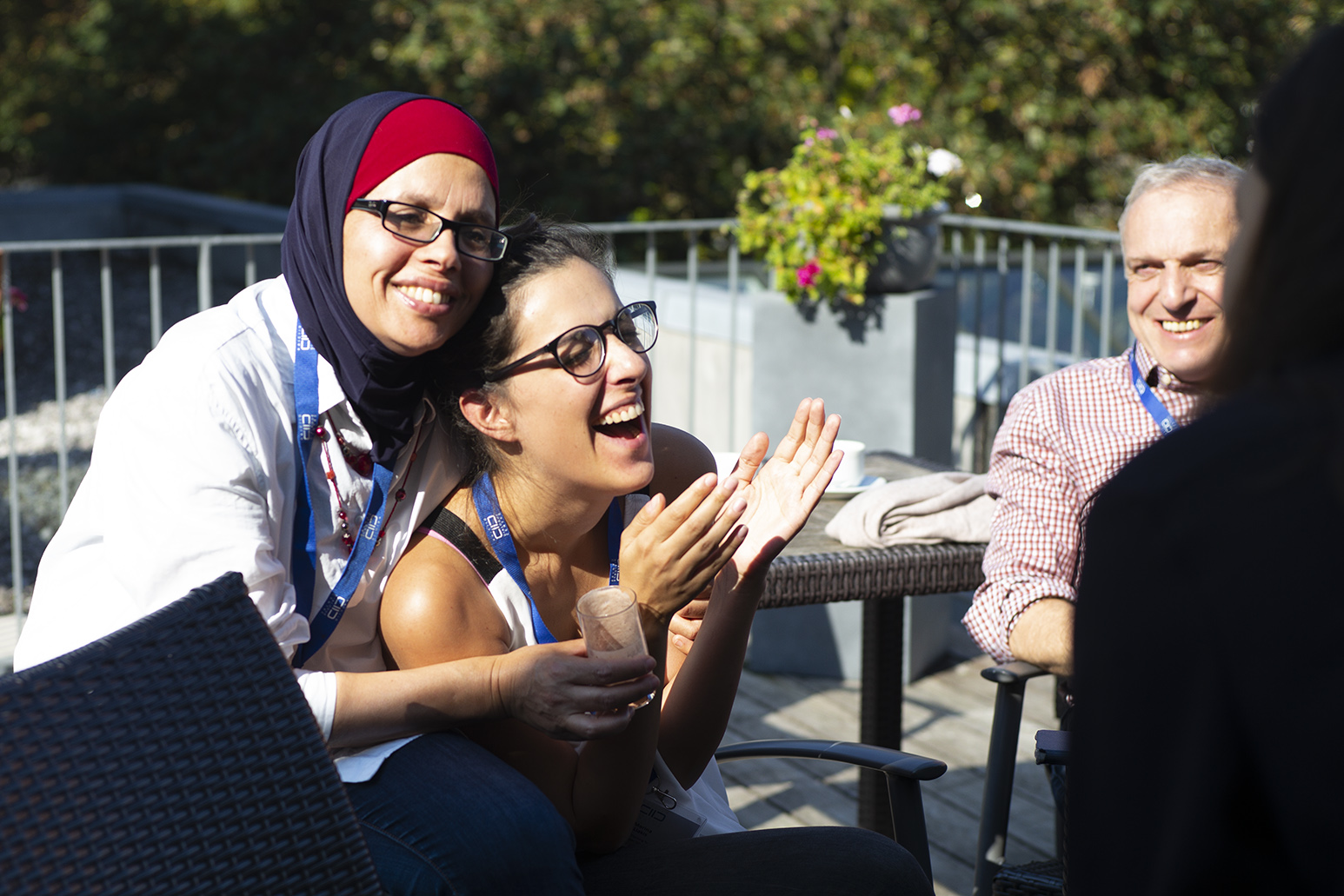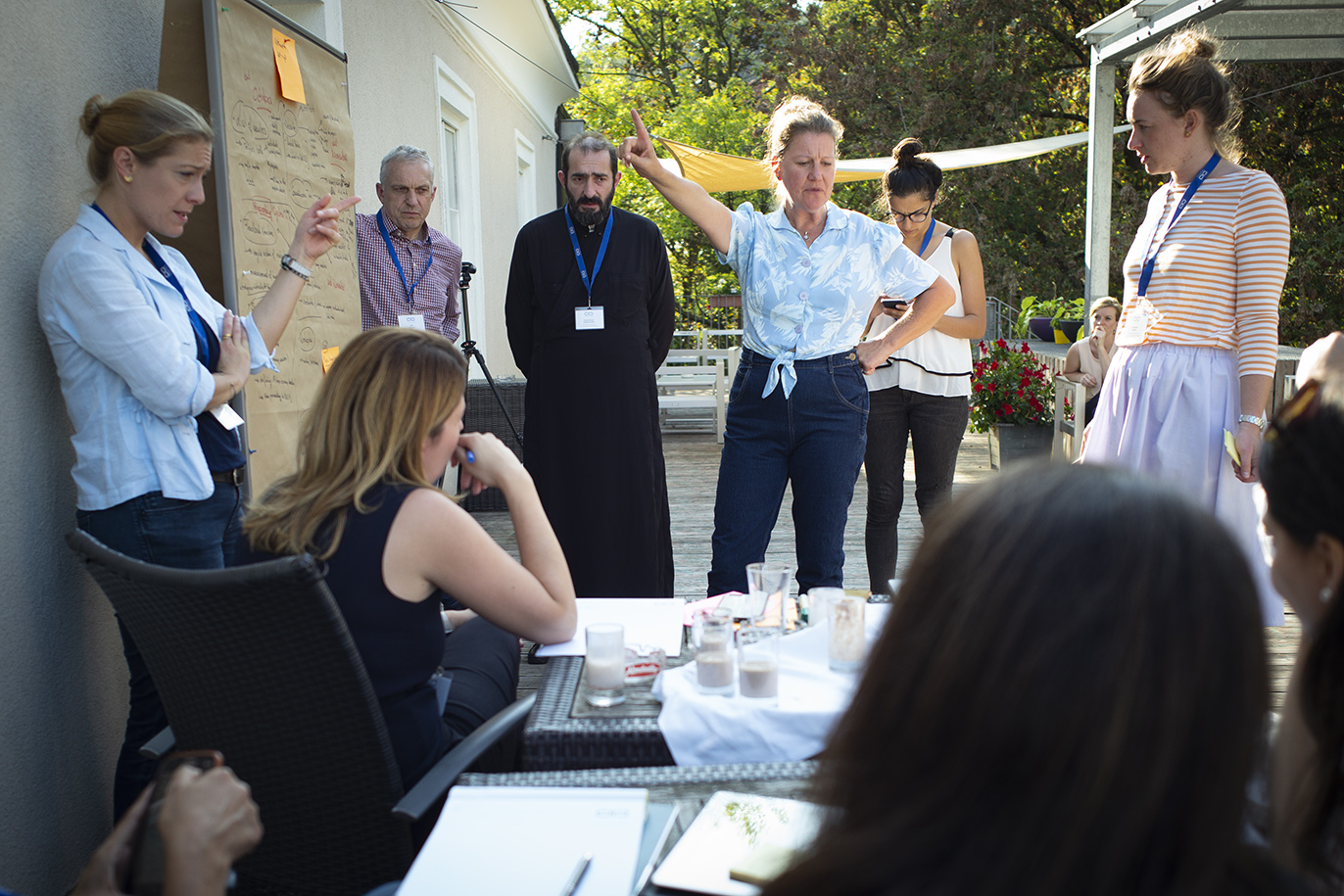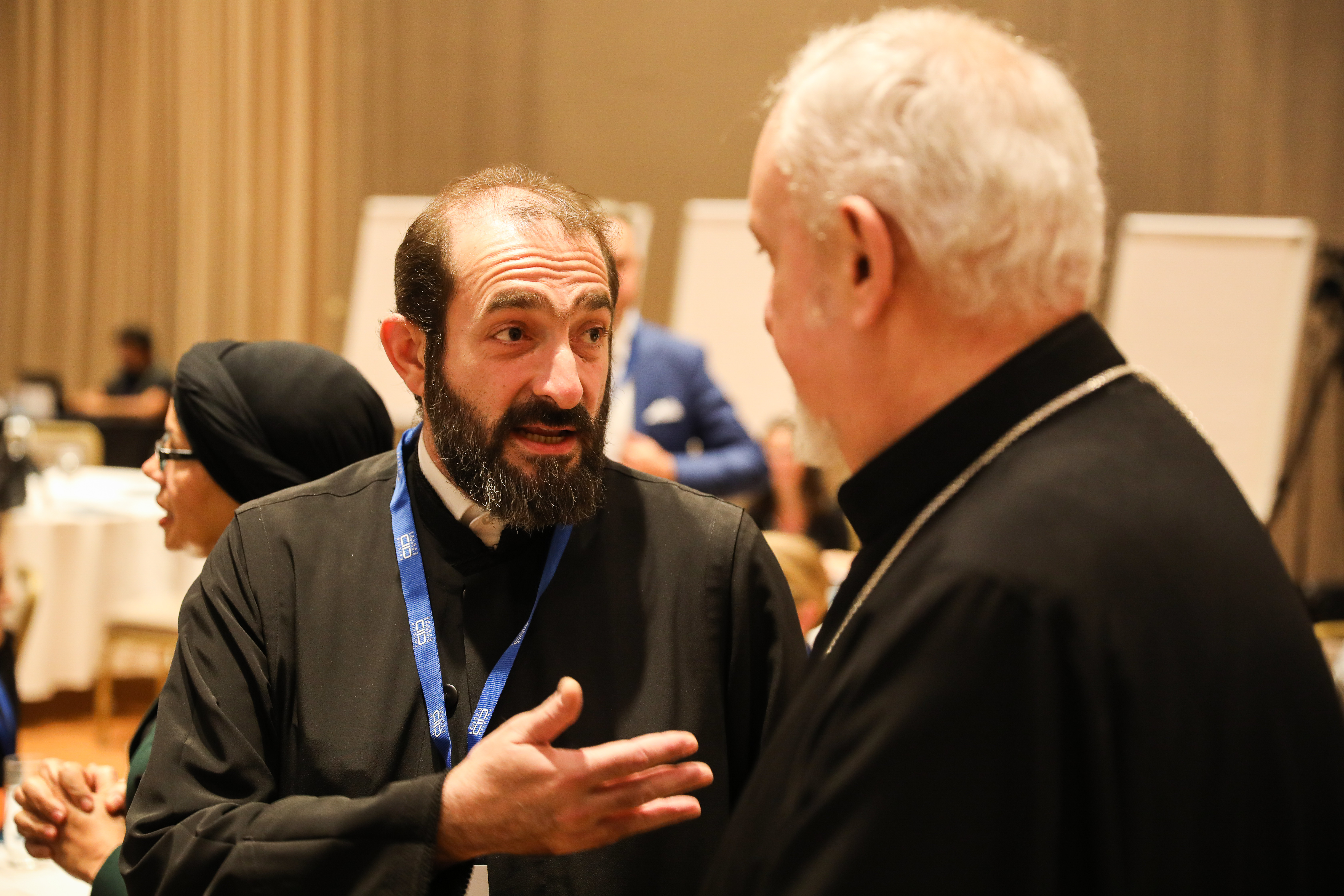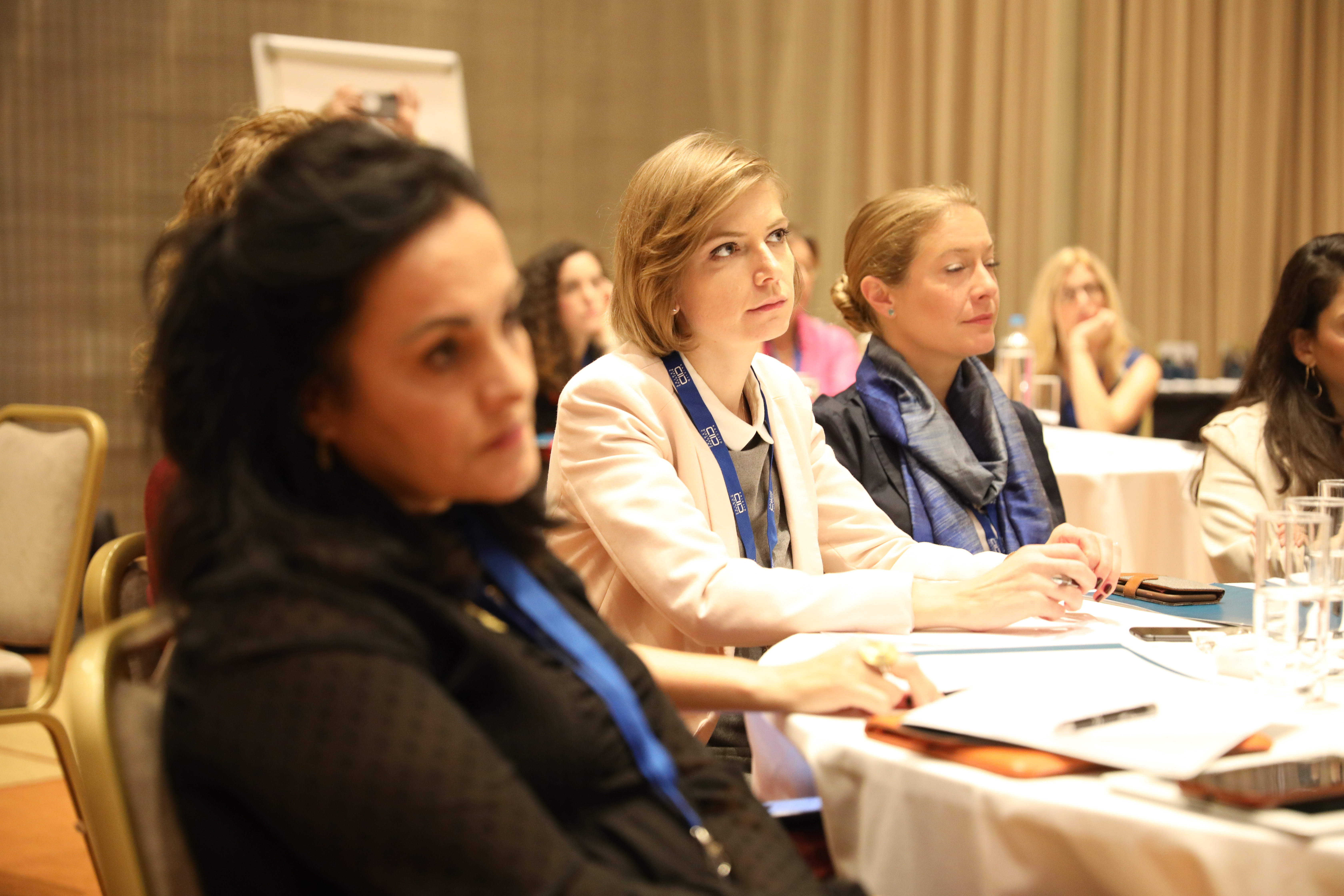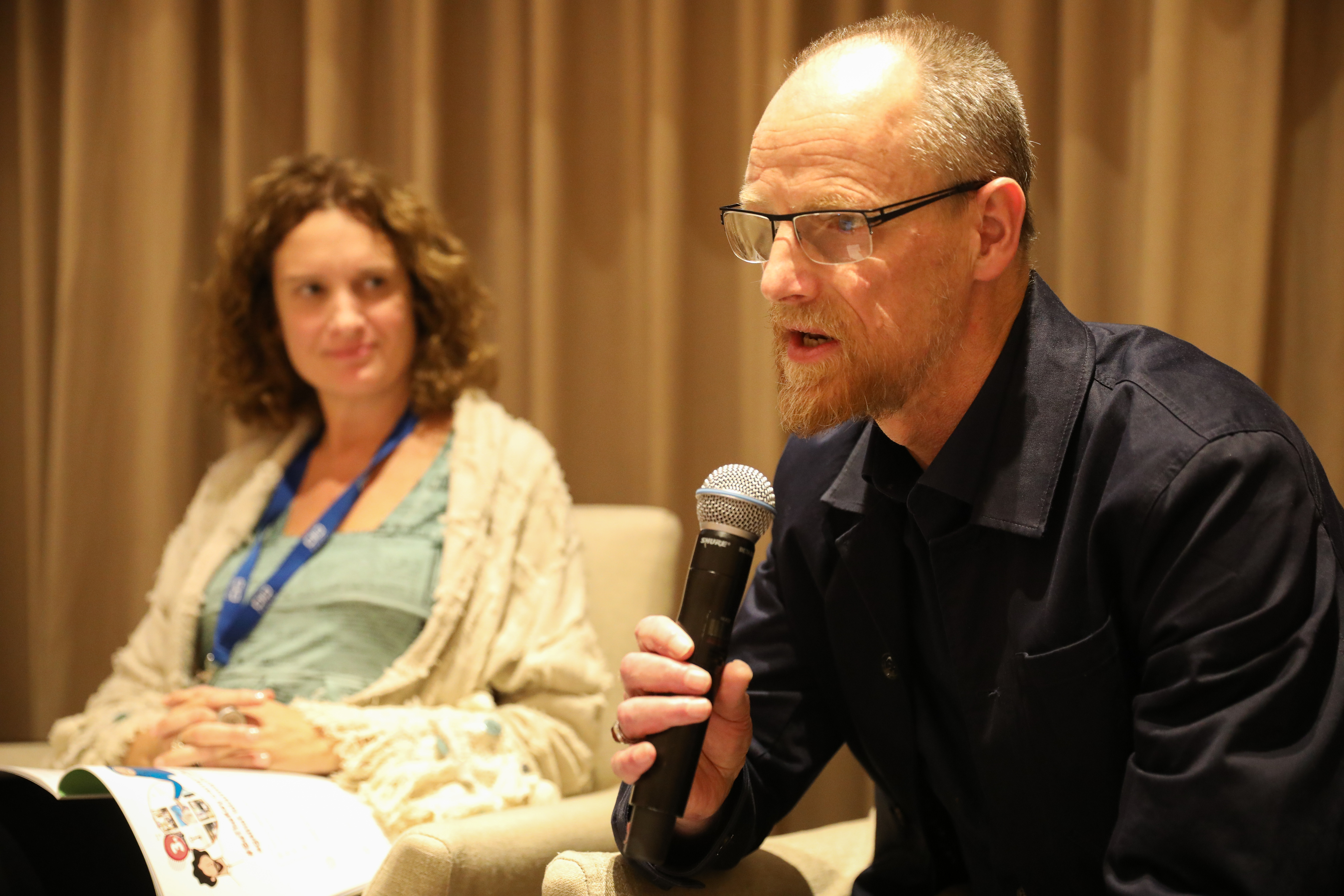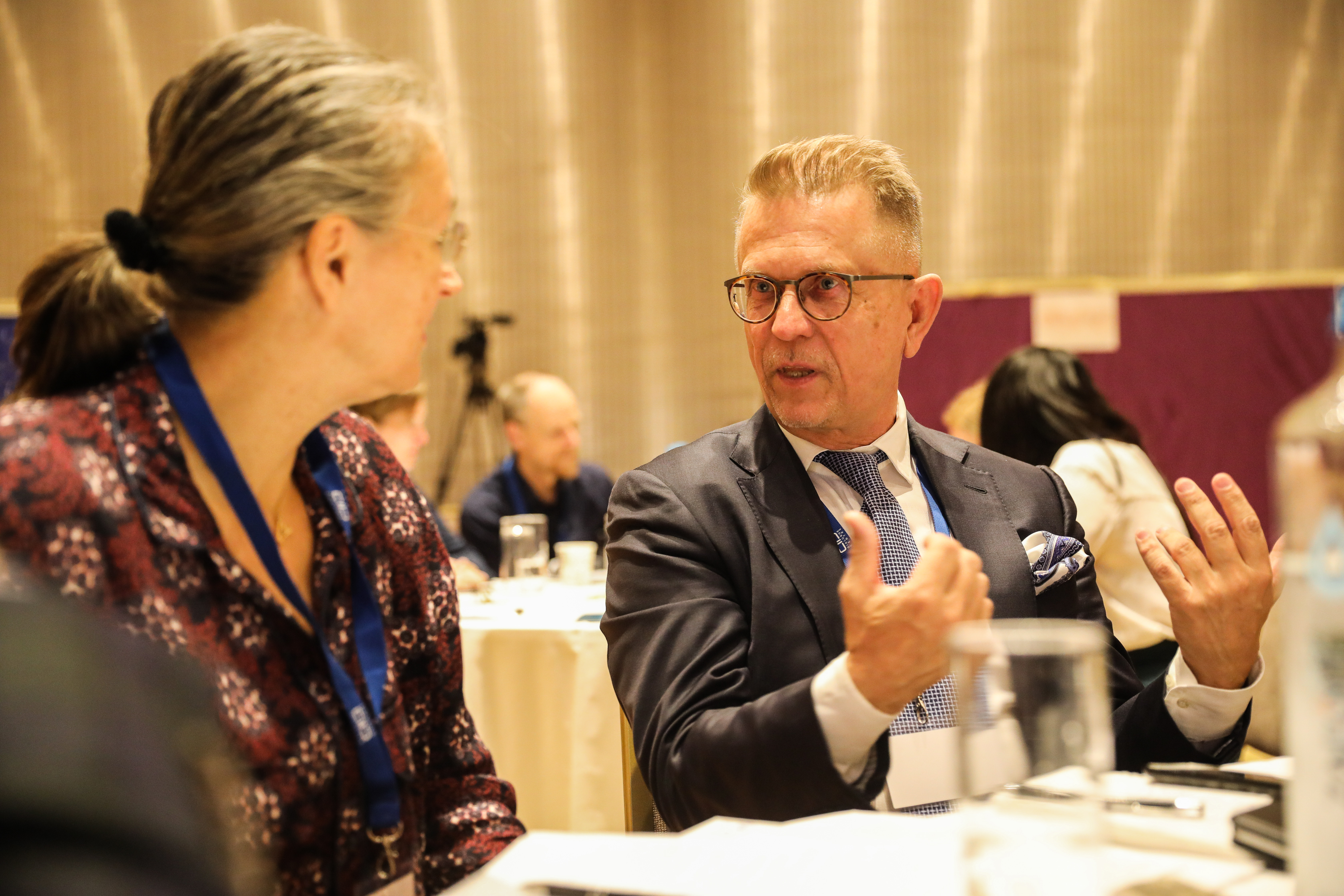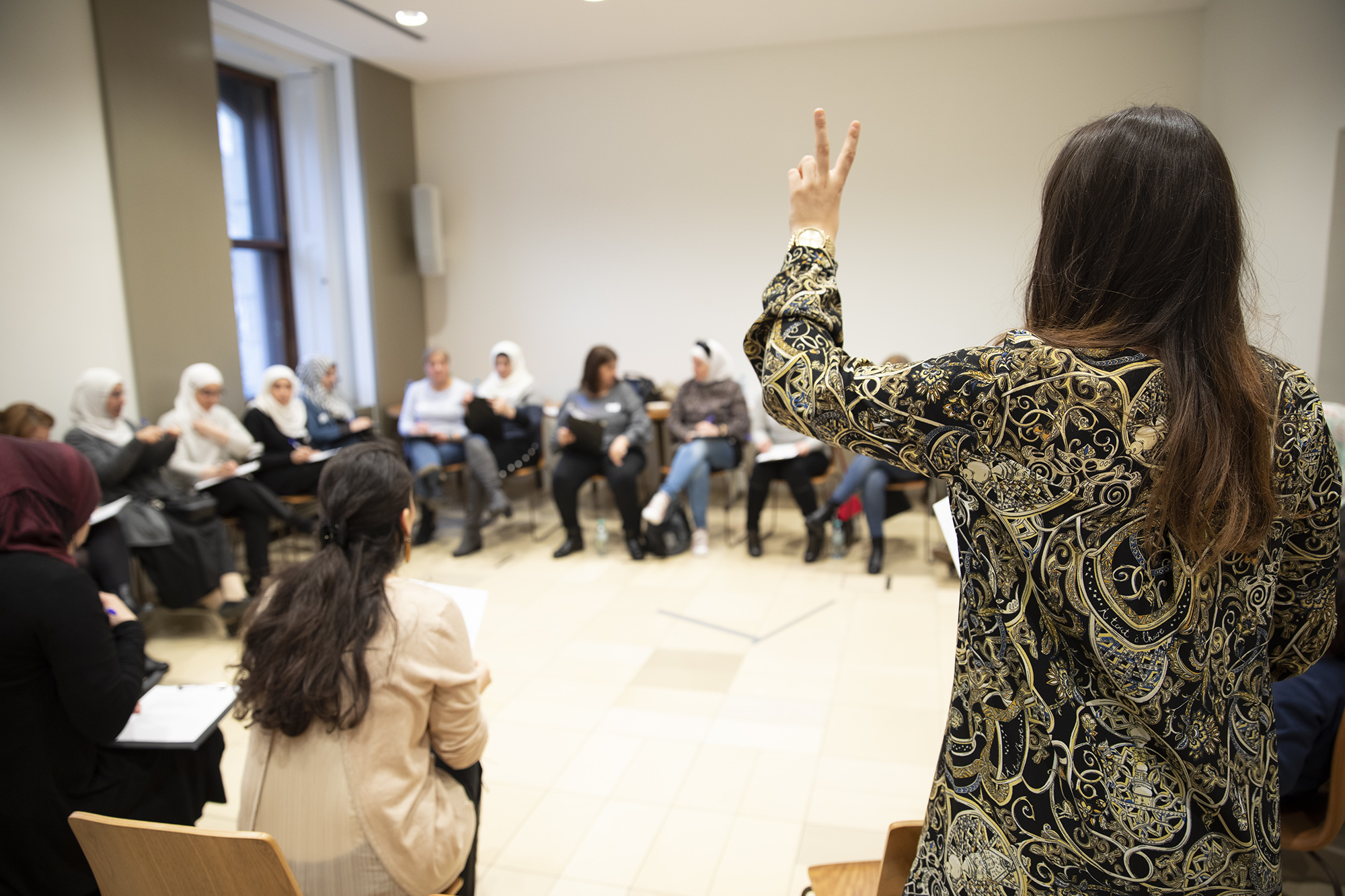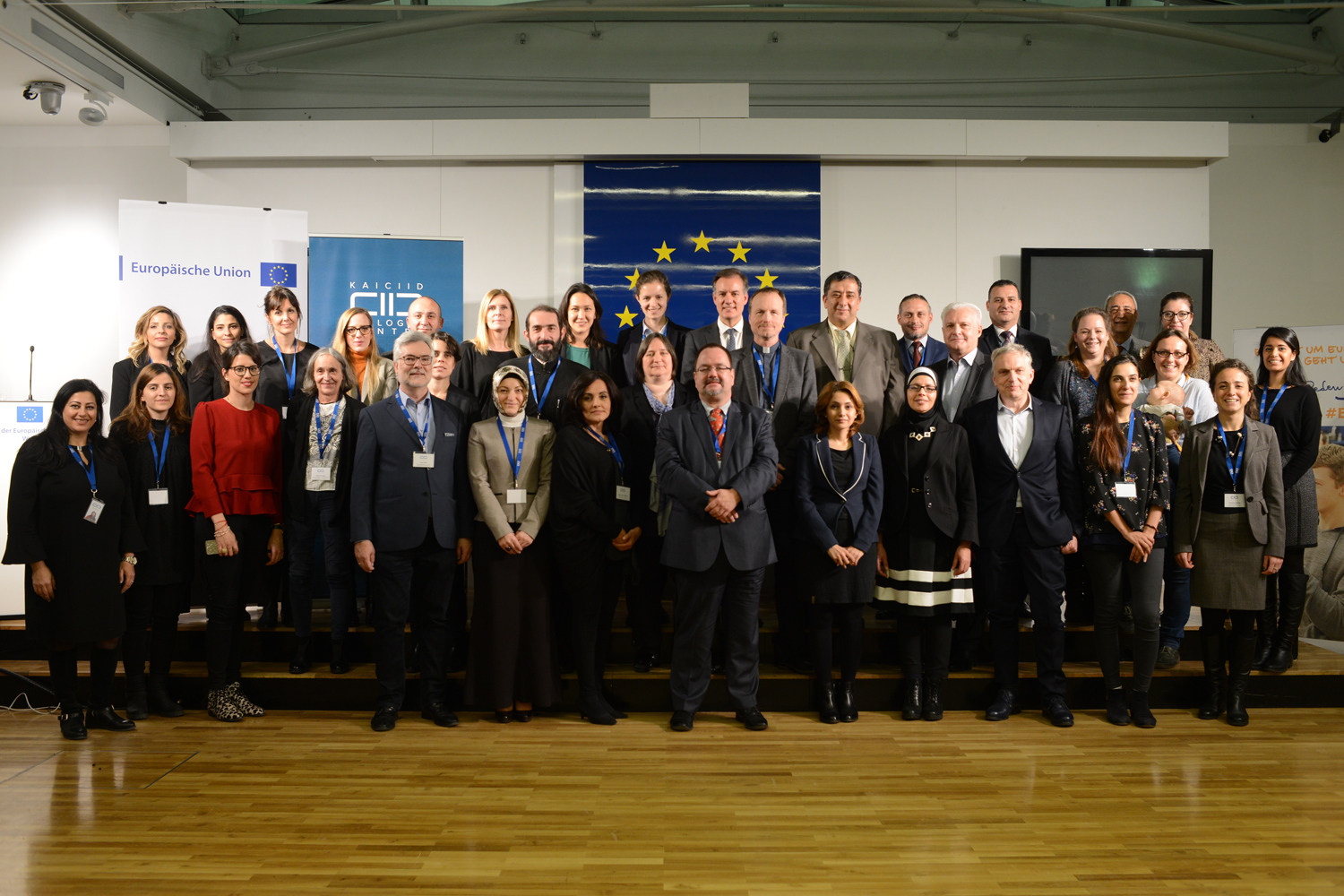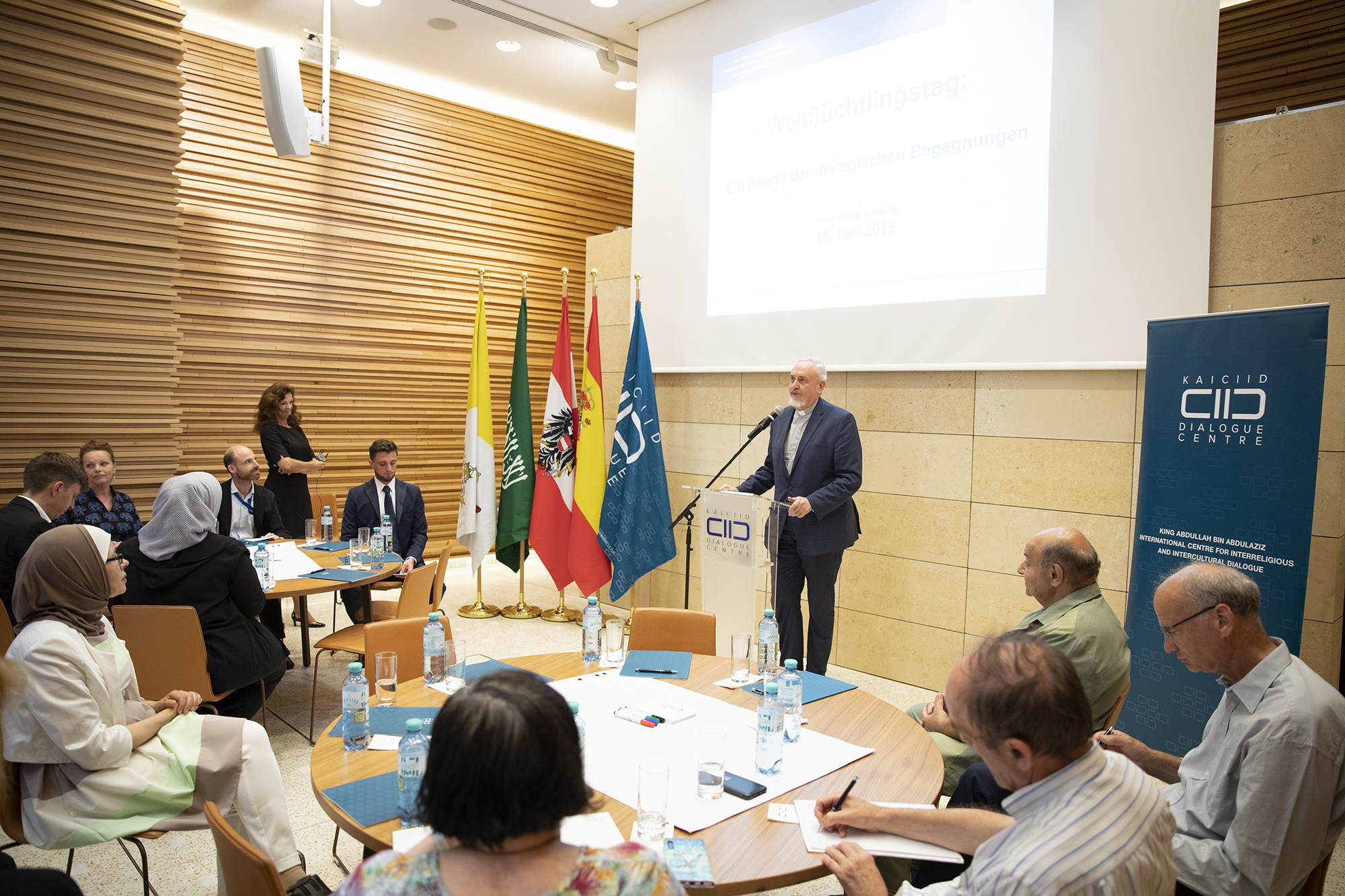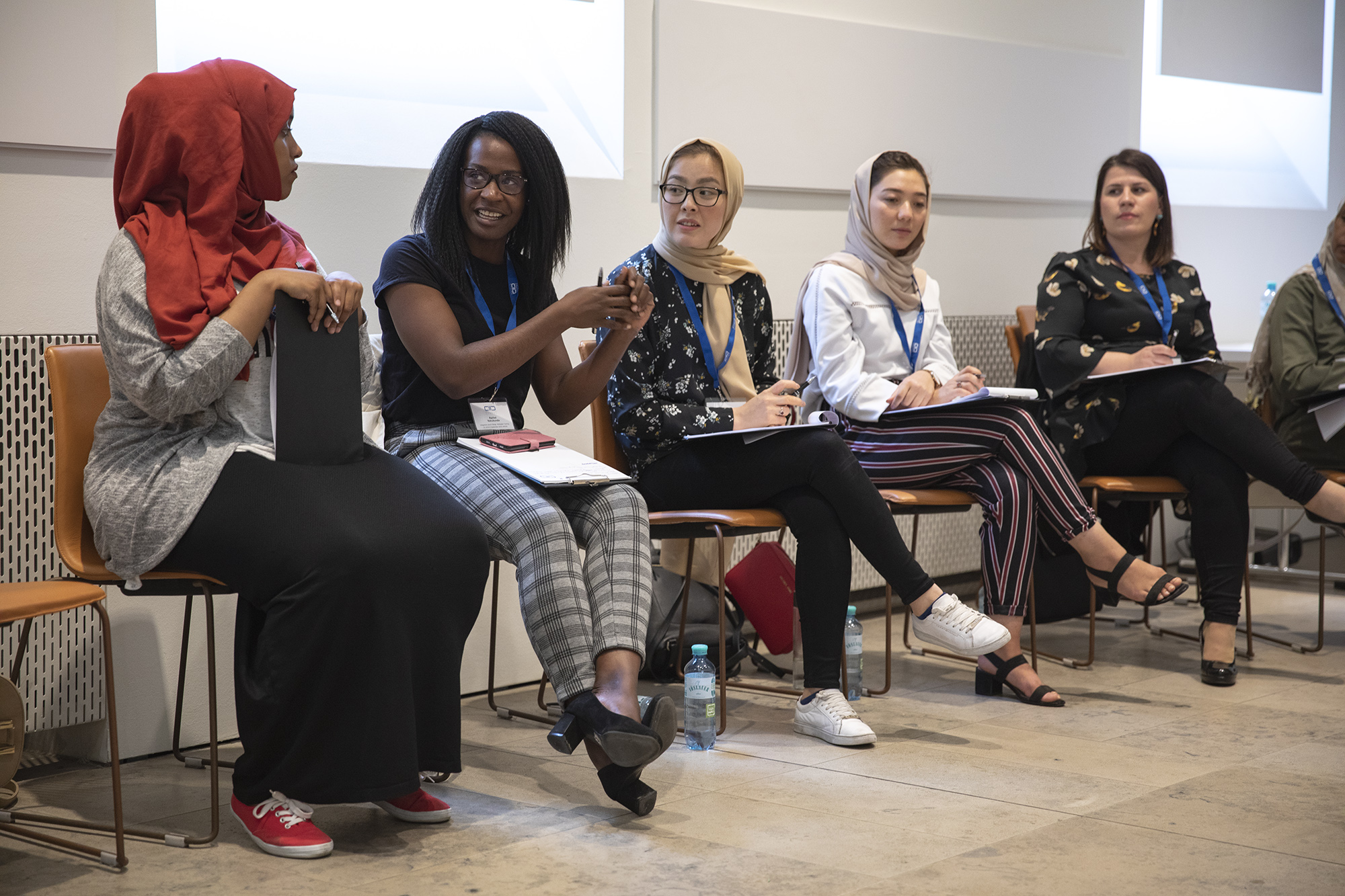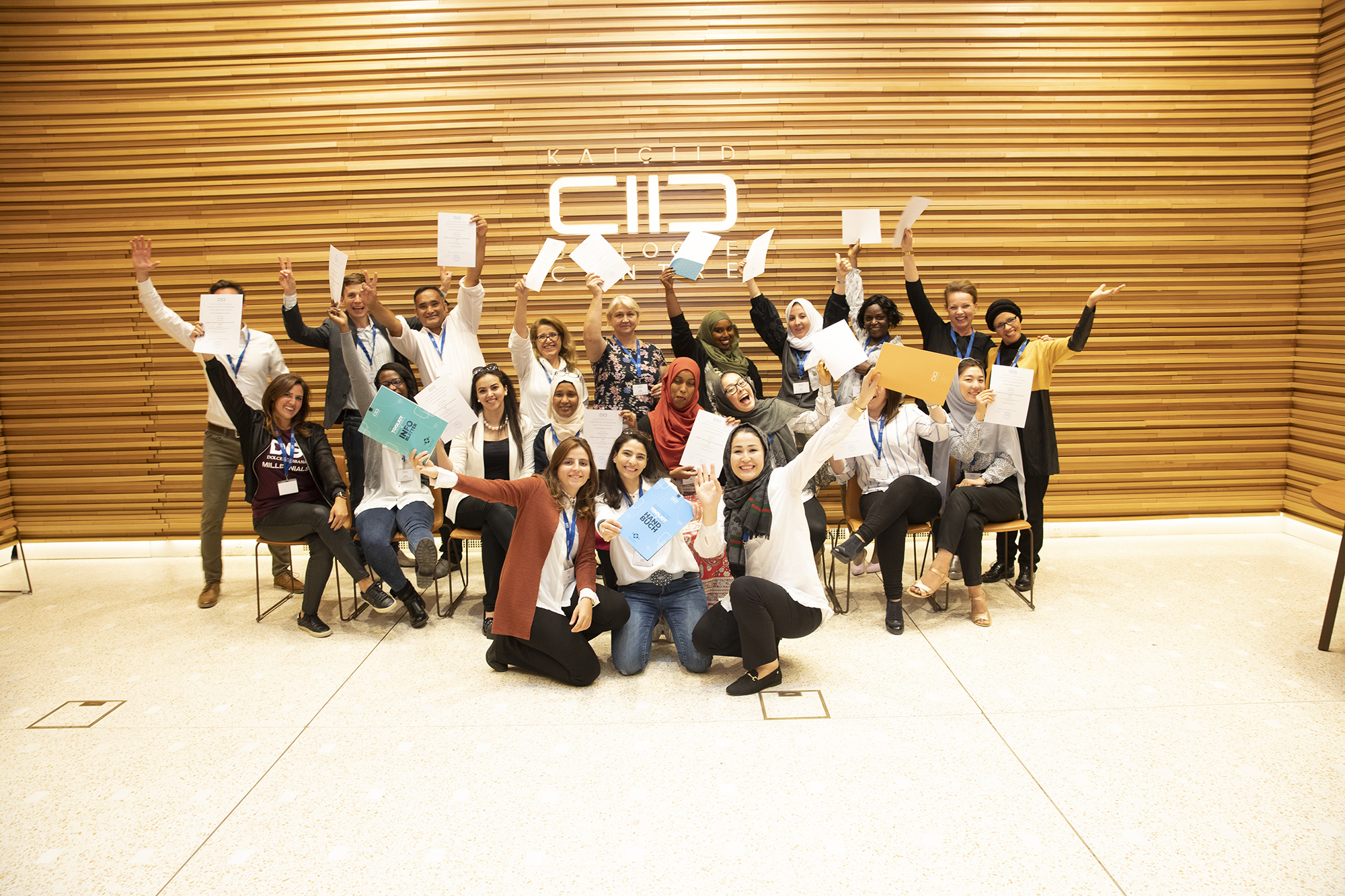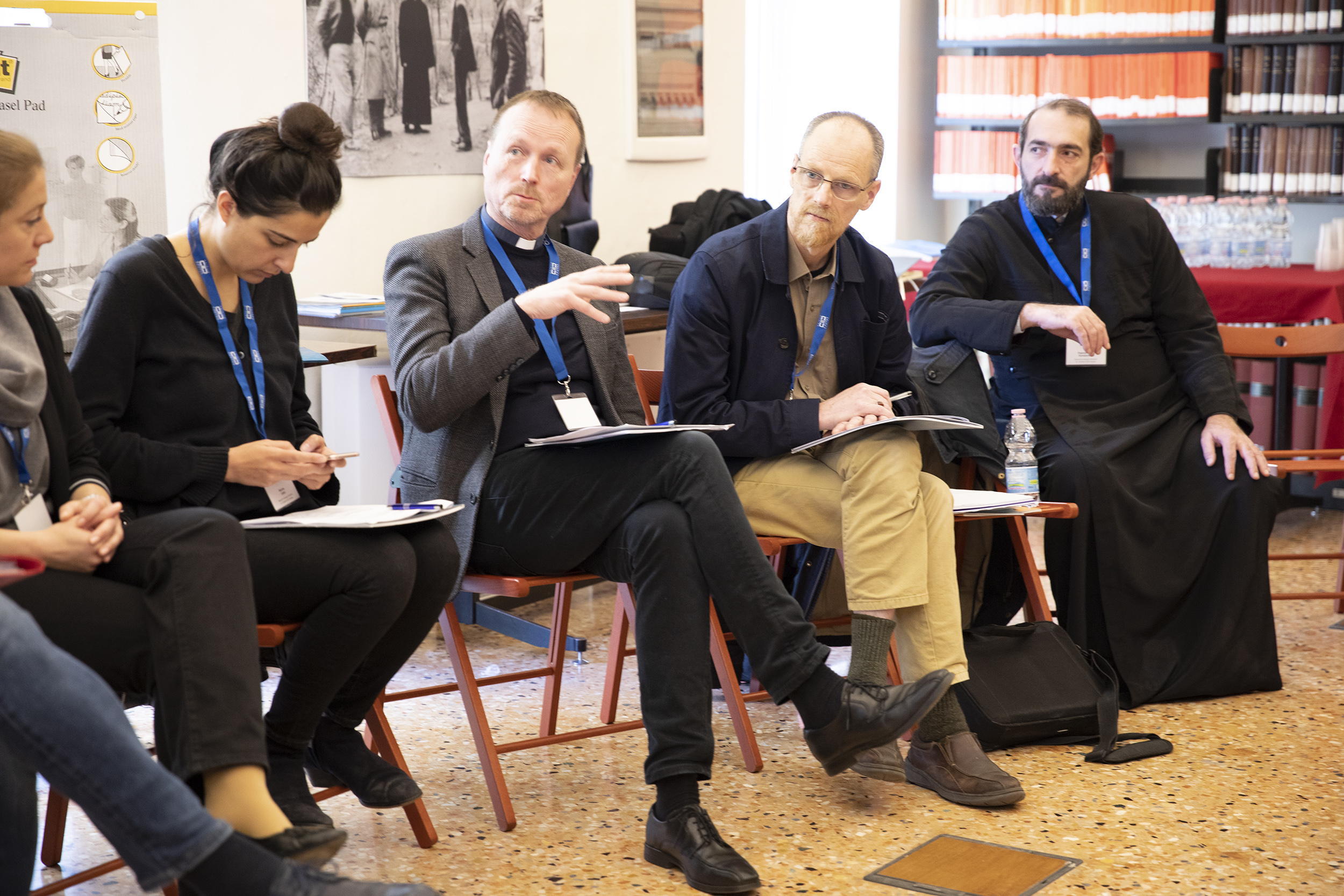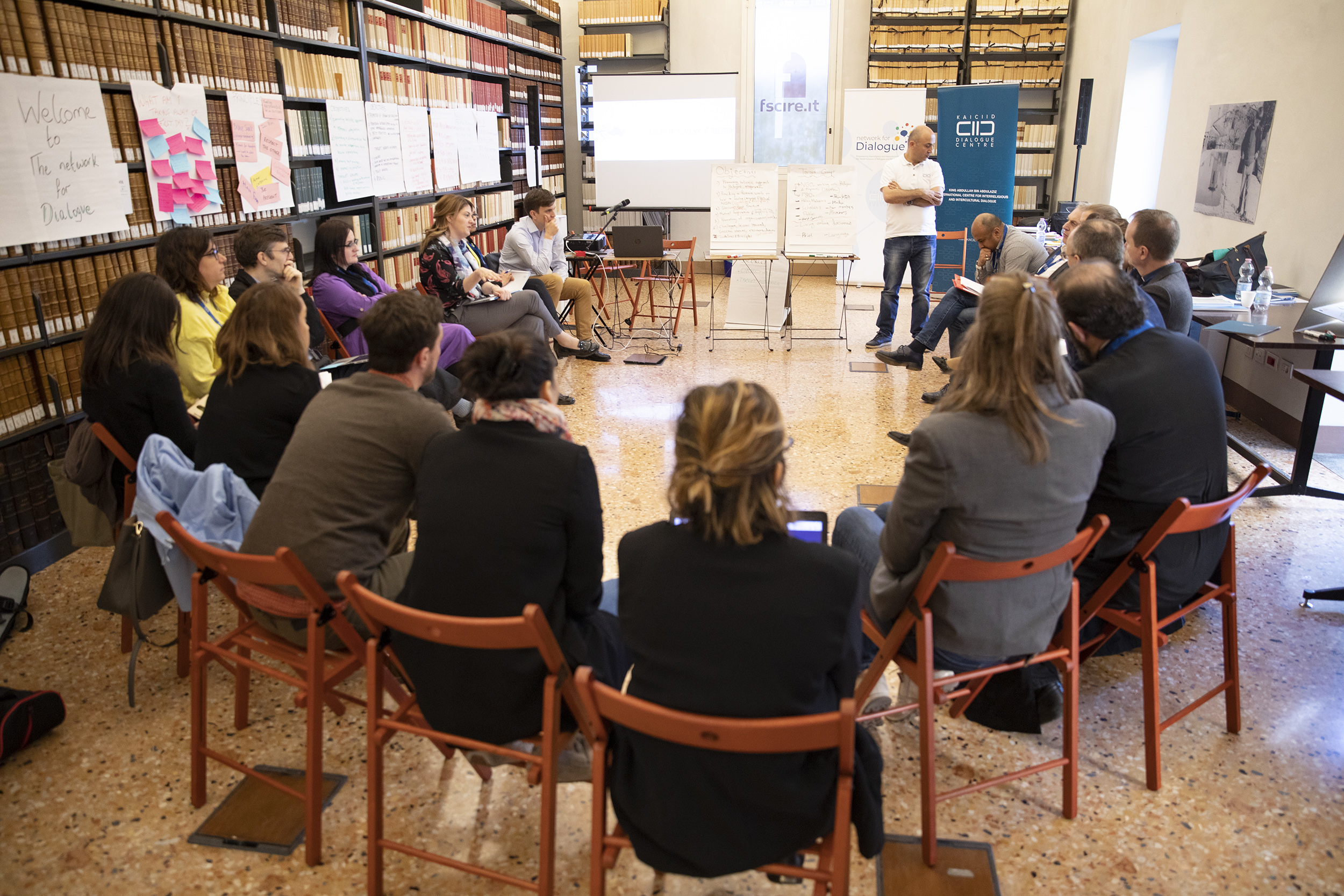Programme for the Social Inclusion of People Seeking Refuge in Europe
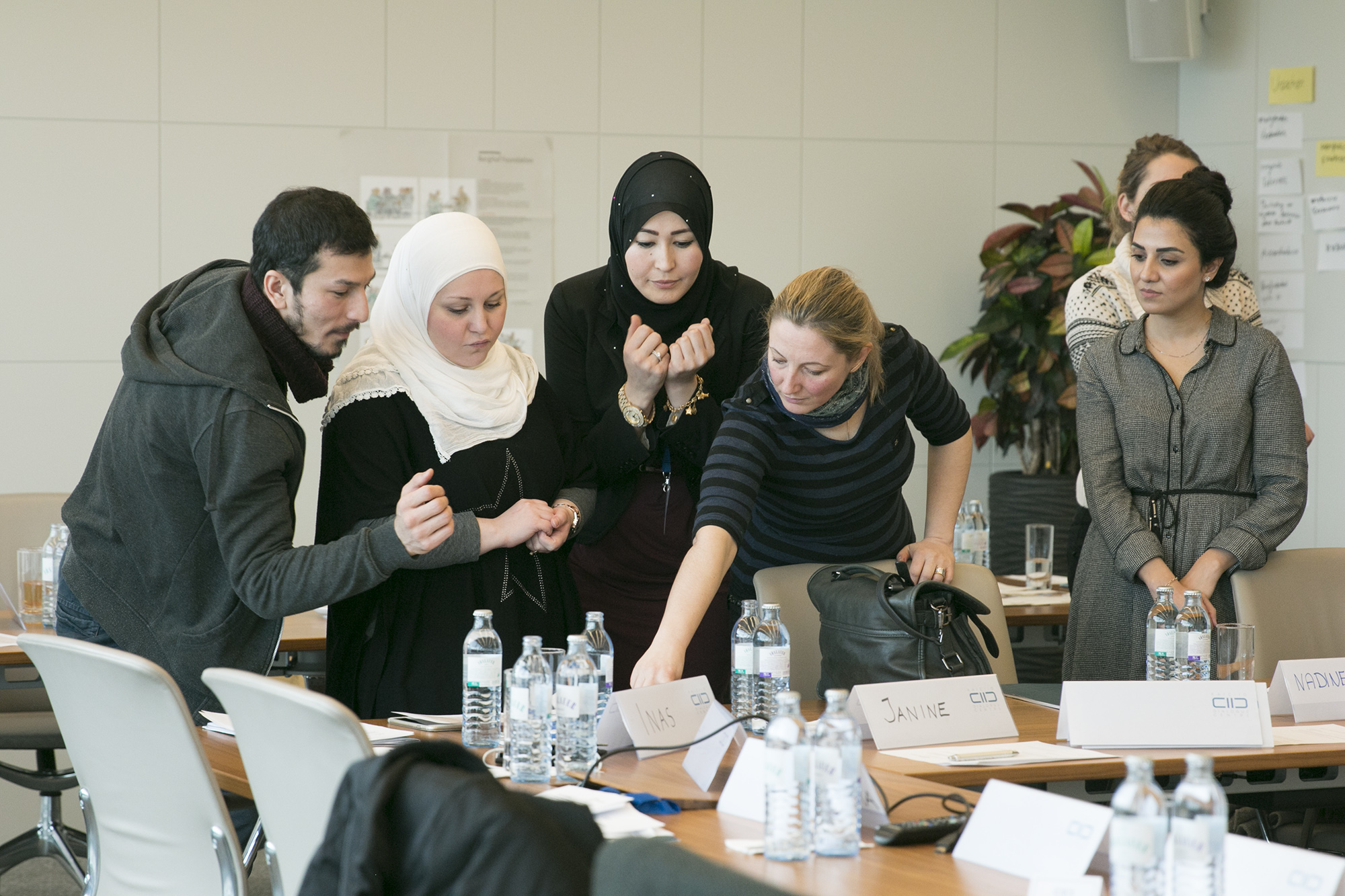
Refugees and migrants are facing a challenging political and social climate in Europe that inhibits their social inclusion into host communities. Popularised misperceptions give the impression that refugees and migrants potentially pose a threat to fundamental European values such as freedom of religion, democracy and gender equality.
There is the need for effective measures and sustainable policies to have a dignified life and increase their active participation, which is why in 2021, KAICIID expanded its programming to the European continent to address the multiple long-term consequences of the 2015 refugee crisis and the complex challenges presented by European migration.
KAICIID recognises that successful integration is vital for preventing newcomers from becoming “outsiders,” which can endanger the fabric of society. For that purpose, it is paramount to allow for authentic experiences of belonging and wellbeing, enhance their opportunities in participating in society and avoid processes of discrimination and exclusion that can lead to the establishment of parallel societies.
Newcomers and members of host societies need more contact points and shared spaces to effectively move forward toward a successful two-way integration. Interreligious and intercultural dialogue can help foster mutual understanding to better understand one another’s cultural context, including one’s religious background. Ultimately, integration and inclusion can and should be a win-win process, benefiting all of society.
KAICIID’s Programme for the Social Inclusion of People Seeking Refuge in Europe seeks to enhance the social inclusion and improve participation in European society by strengthening the two-way integration of refugees and migrants into the host society thereby contributing to improved social cohesion.
Incepted in 2017, the Programme acts as a convener for religious actors and policymakers to open the space of social inclusion policies for refugees and migrants through the Network for Dialogue and provides capacity-building to organizations working on the social inclusion of refugees and migrants through its Project Integration through Dialogue.
The Network for Dialogue’s annual flagship event, the European Policy Dialogue Forum on Refugees and Migrants, connects policymakers, religious actors and experts working in the field of social inclusion in Europe to discuss the challenges and ways forward in relation to integration and social cohesion, thereby also yielding concrete and viable policy recommendations.
By creating safe spaces and facilitating interactions between members of the host community and refugees and migrants to learn about one another’s religions and cultures, fears and prejudices against newcomers are reduced and mutual trust and understanding reinforced, thereby contributing to the social cohesion of society.
By promoting interreligious and intercultural dialogue as a critical approach, policymakers are encouraged to actively include this in their work, not least by engaging with faith actors. By building the capacities of organizations working with refugees and migrants through dialogue and dialogical approaches, refugees and migrants are encouraged to approach their integration proactively and from a position of empowerment.
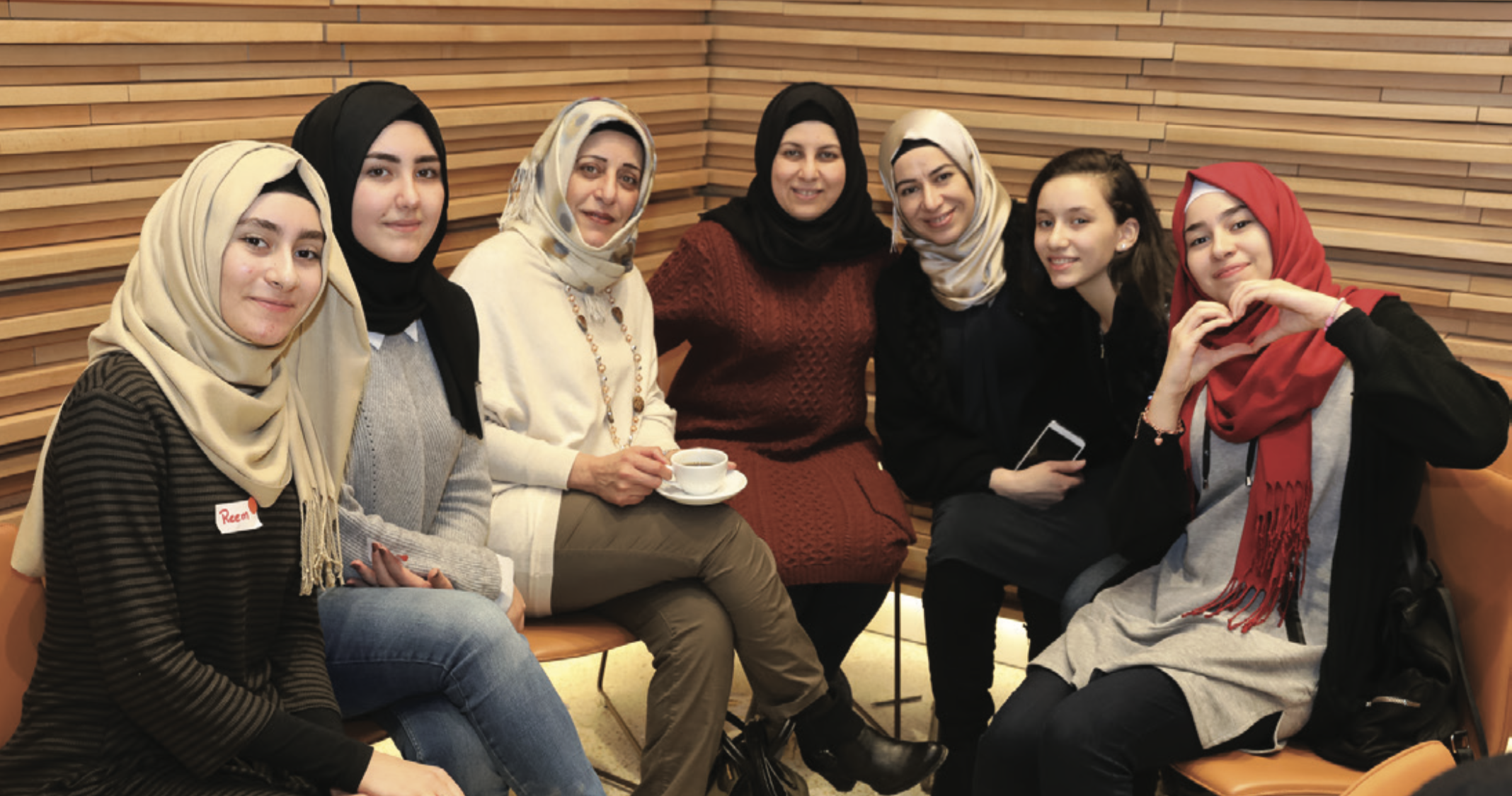
The Project Integration through Dialogue seeks to build the capacities of organizations working with people seeking refuge and migrants through dialogue and dialogical approaches, to encourage refugees and migrants to approach their integration proactively. To this end, a team of Vienna-based KAICIID dialogue facilitators were recruited and trained in interreligious dialogue and facilitation, who support refugees with their integration into society.
They do so through the primary use of the “Project Integration through Dialogue Toolkit”, a KAICIID 2019 publication which is primarily targeted towards individuals and organisations working with refugees and migrants, and which is composed of 13 interactive modules designed to integrate newcomers into all aspects of their host country, on subjects such as learning a new language, gender roles in their new society and visiting the doctor.
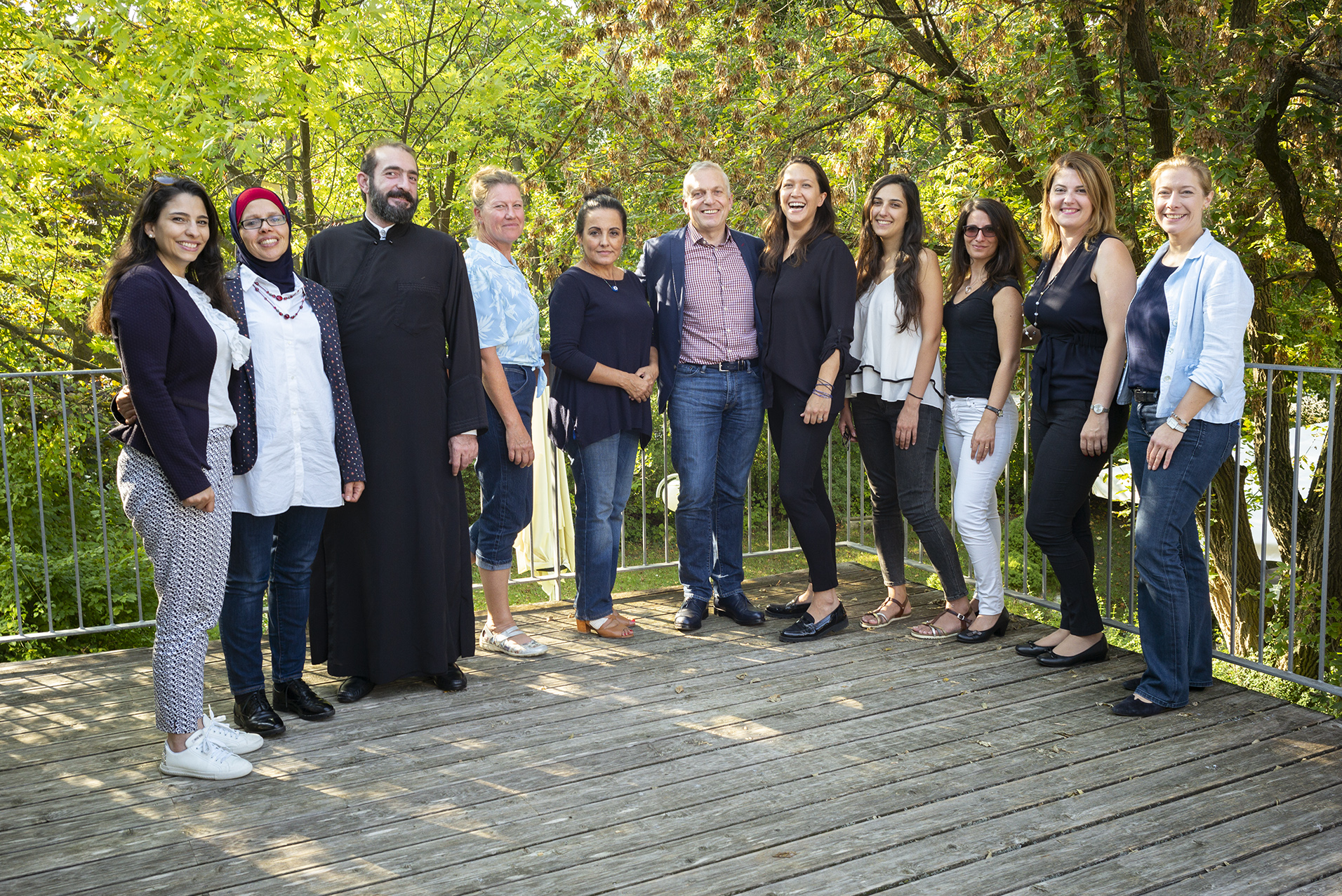
The Network for Dialogue was officially launched in March 2019 in Bologna, Italy, and brings together European faith-based, secular organizations and other experts to jointly promote interreligious and intercultural dialogue for the social inclusion of refugees and migrants. Members come from around Europe, including Austria, Croatia, Germany, Greece, Italy, Luxembourg, Serbia, Spain, Sweden, Switzerland and the United Kingdom.
Supported by KAICIID, the Network for Dialogue aims to foster social inclusion, peace and coexistence in Europe within the context of migration, the Network also works to reduce hate speech and prejudice towards refugees and migrants in Europe. In gathering both faith-based and secular organizations that use dialogical approaches in their work, the Network effectively promotes the use of intercultural and interreligious dialogue by policymakers in developing policy recommendations.
To learn more about the Network for Dialogue, visit us at network4dialogue.eu
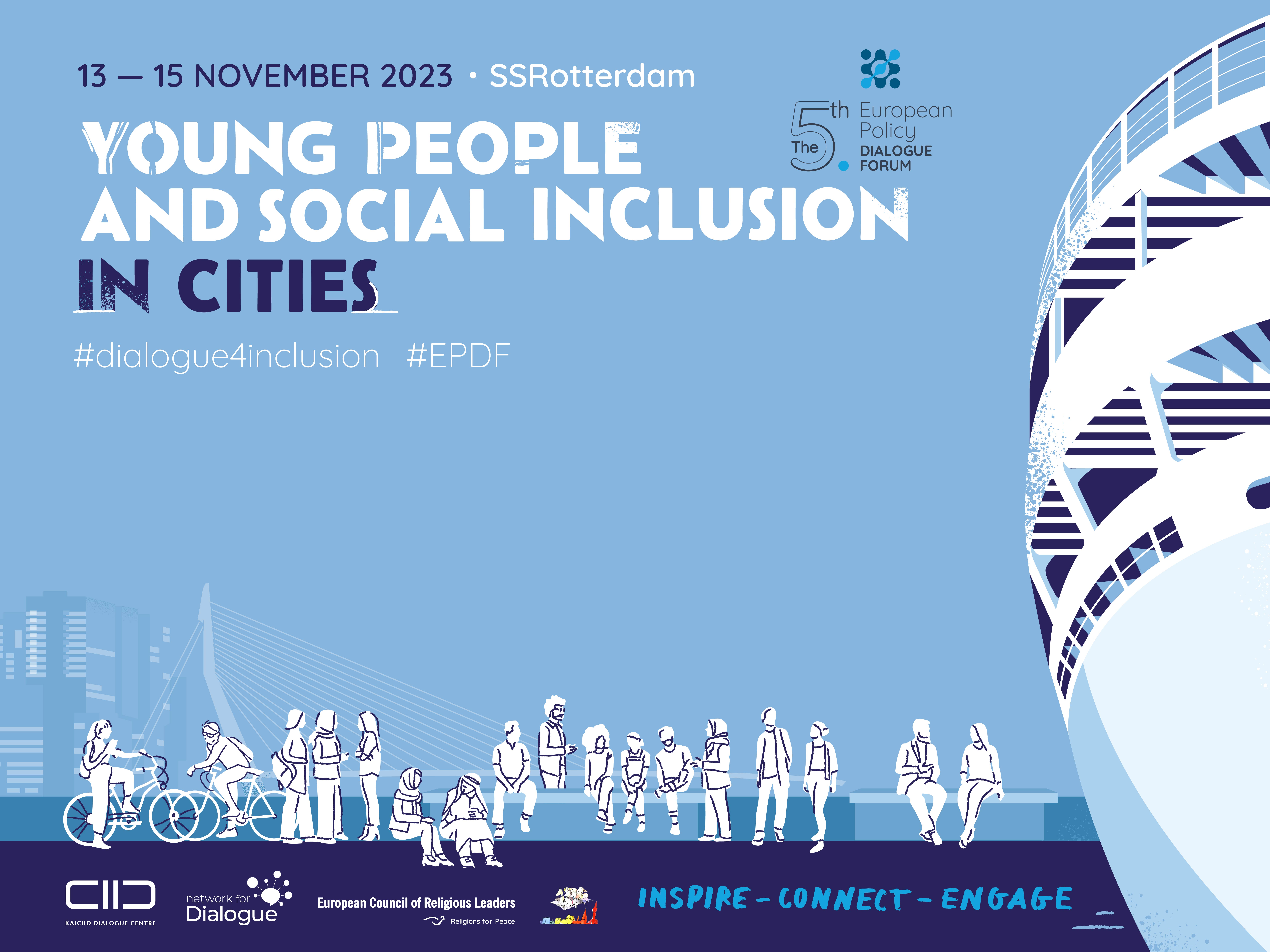
The European Policy Dialogue Forum (EPDF) brings religious actors, policymakers and other experts together to establish and strengthen channels of communication, listen to one another’s concerns, identify opportunities to support and cooperate, and to develop recommendations. Interreligious and intercultural dialogue are central to addressing Europe’s current divisions and strengthening social cohesion by promoting equal rights, human dignity and respect for diversity.
The 5th European Policy Dialogue Forum on “Young People and Social Inclusion in Cities” will take place on 13-15 November 2023 in Rotterdam, Netherlands. To learn more about the Forum visit www.kaiciid.org/epdf
